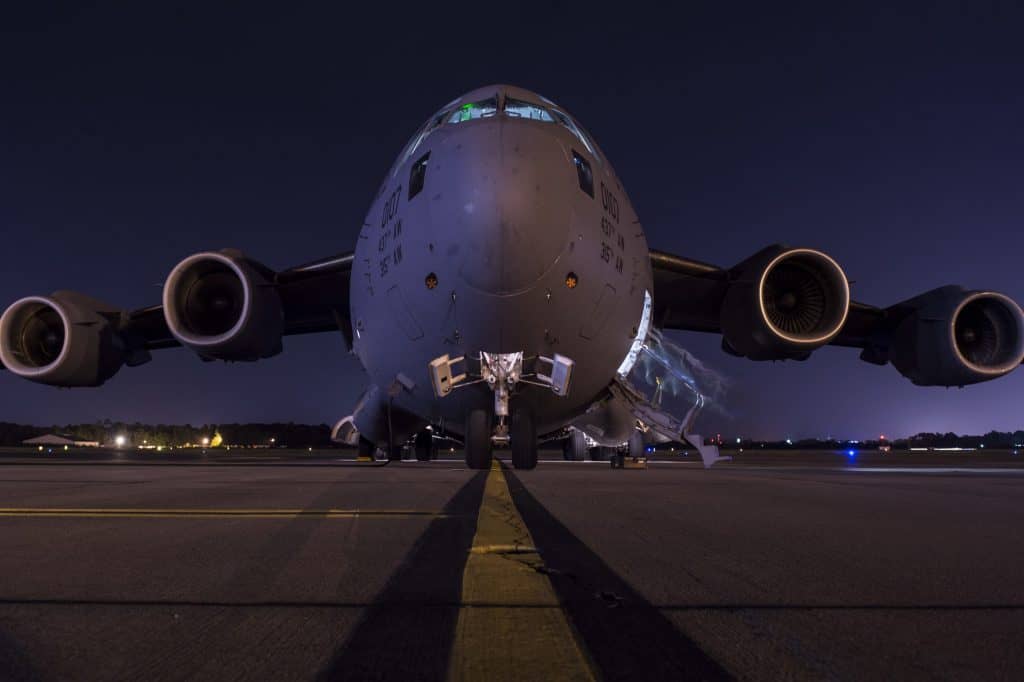Drill Weekend Explained

One thing is for sure—whether you are coming to the Guard from Active Duty or “off the street” as a newly hired Undergraduate Pilot Training (UPT) student, you probably want to know what drill weekend is. While drill weekends in the Guard are different everywhere, as each Wing or Group has the leeway to execute drill in the way they see fit, this article will shed light on some of the common ways Air Wings will utilize drill weekends.
The correct term for drill weekends are Unit Training Assemblies (UTAs). While this is the official name, most individuals refer to it as “drill” and only use the term UTA when they are referring to the orders or status they are on when reporting for duty.
You can execute up to 48 UTA periods per fiscal year. From a pay perspective, each UTA period worth 1/30th of your monthly base pay plus 1/30th of your monthly flight pay. You can (and most will) use two UTA periods in one day—therefore, you are using four periods in a drill weekend. In other words, you are essentially getting paid four days to work two.
For example, if you were a Major, here's what your 2017 pre-tax drill pay might look like:
- Base Pay (O-4 over 8 yrs) = $6,446.40/30 = $214.88
- Flight Pay (over 6 yrs) = $650/30 = $21.67
- Each UTA Period = $214.88 + $21.67 = $236.55
- Two UTAs Per Day = $473.10
- Four UTAs Per Drill Weekend = $946.20
Getting paid just under $1,000 to fly and hang out with your friends during some routine ancillary training isn't so bad!
Drill weekends occur one weekend out of every month during the year. Specifically, they are conducted on a Saturday and Sunday. For most units, the drill weekend will be followed by an “off Monday”. Drills at most units start around 0730 and conclude at 1630 in the afternoon. These are important events—it is the one time each month when everyone in the unit, including the part-time Drill Status Guardsmen (DSG), will be together and train.
For most units that have a flying mission, they will schedule either Saturday or Sunday as a fly day. A drill weekend fly day normally looks like any other fly day during the week when the squadron is flying. If you’re currently on active duty, flying on the weekend is not normal—but rest assured this will become your new normal in the Guard. This day is normally reserved for the DSGs to fly since they are not always at the squadron like their full-time counterparts. This is not always the case, but most squadrons try to optimize the time that the DSGs are at the squadron for them to get their required sorties.
The other day that is not taken up with flying will be filled with meetings and ground training. This training is critical to keep the unit deployable and ready to go to war. Unfortunately, just about everyone will agree that the ancillary training is not fun. However, when you are forced to accomplish it with a group of your closest friends from the squadron it can become enjoyable.
Most commanders will take advantage of this time to have a “Commander’s Call“ where he or she will address the entire squadron and pass along important information about what is happening in the squadron, group or wing. Additionally, academic classes will be given to raise awareness of hot button issues and the overall knowledge of the squadron on everything from regulations to tactics.








Responses